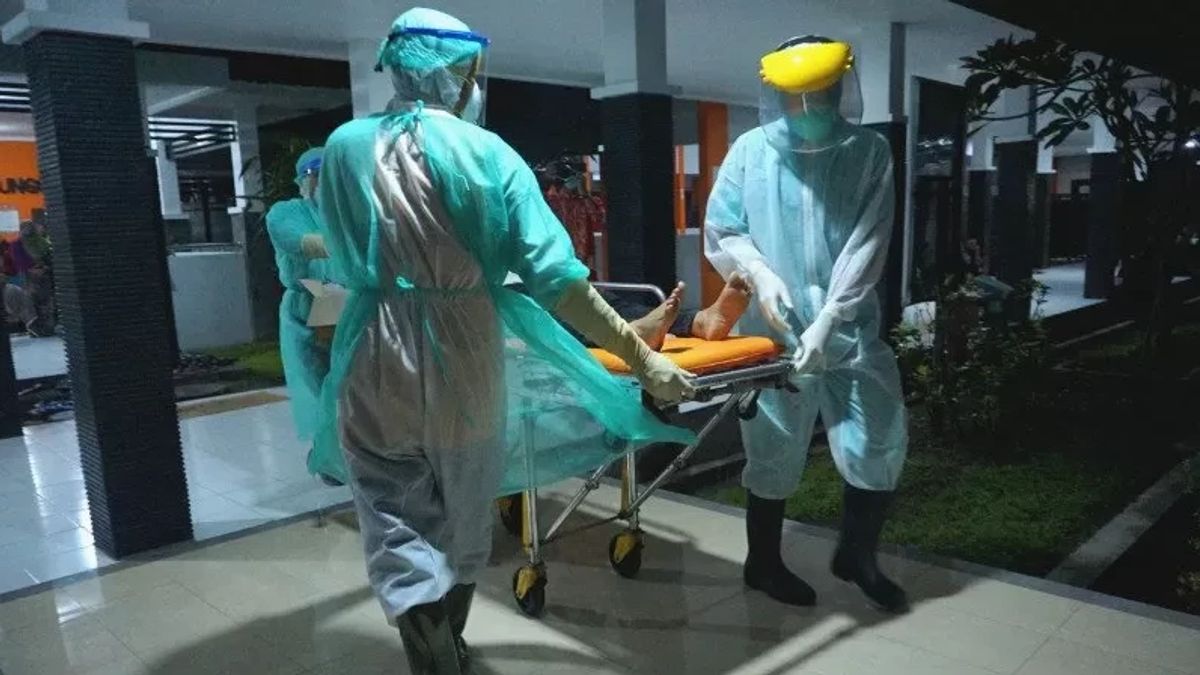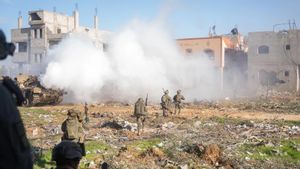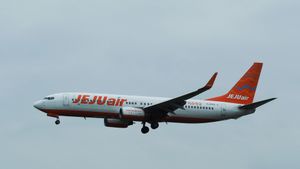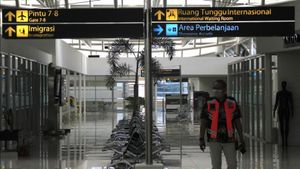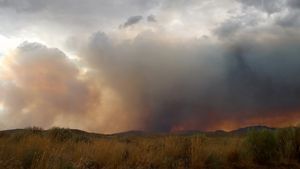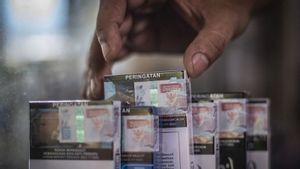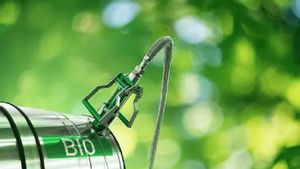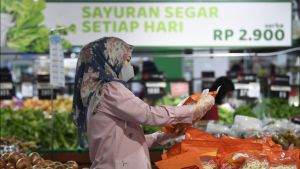JAKARTA - Positive cases in Indonesia increased by 3,840 as of Wednesday, March 30 afternoon. DKI Jakarta Province is the largest contributor to COVID-19 cases today.
Data from the COVID-19 Handling Task Force said, based on the addition of today's cumulative COVID-19 confirmation, there were 6,009,486 cases.
The details of the number of cases in each region, namely DKI Jakarta ranks first with the addition of 901 cases, followed by West Java 826 cases, Central Java 446 cases, Banten 299 cases and East Java 240 cases.
The number of deaths also increased by 118 from the previous day. As of today, the total number of cases is 155,000. Central Java has the most deaths, namely 34 cases, East Java 21 cases, DKI Jakarta 11 cases, West Java nine cases and DI Yogyakarta six cases.
However, active cases fell by 4,154 cases, bringing the total active cases to 111,555.
National cure cases continue to increase. As of Wednesday, the number of people who have recovered stood at 5,742,931 after an increase of 7,876. With details, the regions with the most cases of recovery were West Java, 1,342 people, Riau Islands 955 people, DKI Jakarta 825 people, Central Java 768 people and DI Yogyakarta 403 people.
The Task Force also reported that 6,530 people have become COVID-19 suspects. Whereas 134,360 specimens have been examined today. Government spokesman for handling Covid-19 Reisa Broto Asmoro emphasized the transmission of Covid-19 will remain when Lebaran homecoming even though the antibodies owned by the Indonesian people are already high.
Reisa said the Ministry of Health together with the Ministry of Home Affairs and the UI Faculty of Public Health (FKM) Pandemic Team had conducted a serological survey of the Indonesian population against the SARS-CoV-2 virus. The results show that 86.6 percent of the Indonesian population has antibodies against COVID-19.
Nevertheless, said Reisa, the transmission of COVID-19 will still exist, especially with the holy month of Ramadan where people will carry out social mobility to gather and travel back and forth to their hometowns.
Reisa asked the entire community to continue to carry out health protocols properly and correctly as well as complete vaccination doses to ensure antibodies are formed to break the chain of transmission of COVID-19 in this year's Ramadan.
Reisa also invited all parties to make the month of Ramadan a momentum to get closer to God by trying to maintain cleanliness through health protocols and protecting the surrounding environment from the worst risks of COVID-19 through vaccination.
"Even though the antibodies formed are already high, it doesn't mean that people are free from the risk of being infected with COVID-19," said Reisa.
The English, Chinese, Japanese, Arabic, and French versions are automatically generated by the AI. So there may still be inaccuracies in translating, please always see Indonesian as our main language. (system supported by DigitalSiber.id)
